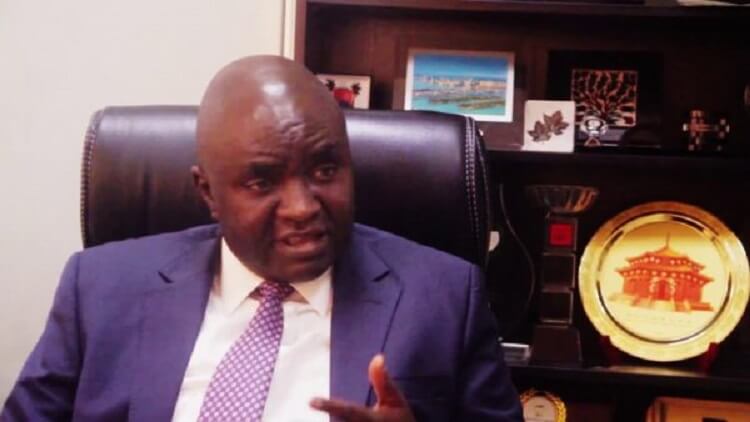Lagos Chamber of Commerce and Industry on Friday intensified its call on the Central Bank of Nigeria to unify the country’s exchange rates, saying the delay is damping investor confidence.
This comes a few weeks after the CBN Governor, Godwin Emefiele, said Nigeria will not devalue the naira anytime soon.
Advertisement
LCCI Director-General, Muda Yusuf, while reacting to the National Bureau of Statistic’s Gross Domestic Product report for the fourth quarter of 2020, said the insistence of CBN in maintaining three rates was frustrating the Nigerian economy.
Nigeria has an official exchange rate which is N379 per dollar, the Investors’ and Exporter Window which closed N410 and the parallel rate at N478 per dollar.
Yusuf said, “Review of the foreign exchange management framework to expand the scope of market mechanism in the determination of the exchange rate. The unification of the exchange rates should be prioritised.”
The Chamber believes a unified rate is “imperative for expediting recovery and bolstering investor confidence.”
Advertisement
Yusuf pointed out that clarity in the government’s policy direction was critical in deepening investor confidence in the country.
The Chamber also spotted other areas of bottleneck to business operation in the country which are either regulatory or infrastructural and add up to the high cost of doing business in Nigeria.
The DG said these bottlenecks were suppressing the pace of economic growth across the country.
Yusuf advised the government to prioritise “public spending to support critical capital development expenditures in road, railways, power, health, education, etc.
“Intensify diversification efforts through efficient utilisation of excess crude oil proceeds to develop the non-oil sector.
Advertisement
The LCCI boss called for the privatisation of idle public assets to help the economy unlock liquidity needed for strong economic growth and improved revenue mobilization.
He said, “Proper harmonization of fiscal and monetary policies is necessary in the course of stimulating domestic output and stabilizing prices.
“It is imperative for both sides of authorities to develop a medium-term recovery plan that anchors on boosting local productivity, supporting ease of doing business, attracting private capital flows, developing physical and soft infrastructure, business-friendly regulatory policies, economic diversification, and employment generation, among others.”
The chamber further called for deepening deregulation efforts in the downstream oil industry by providing industry players with dollar at a competitive rate to import petrol.
The DG said the government must also ensure a sustainable PMS pricing model and expeditious passage of the Petroleum Industry Bill to ensure efficient transparency in the utilization of petroleum resources.



